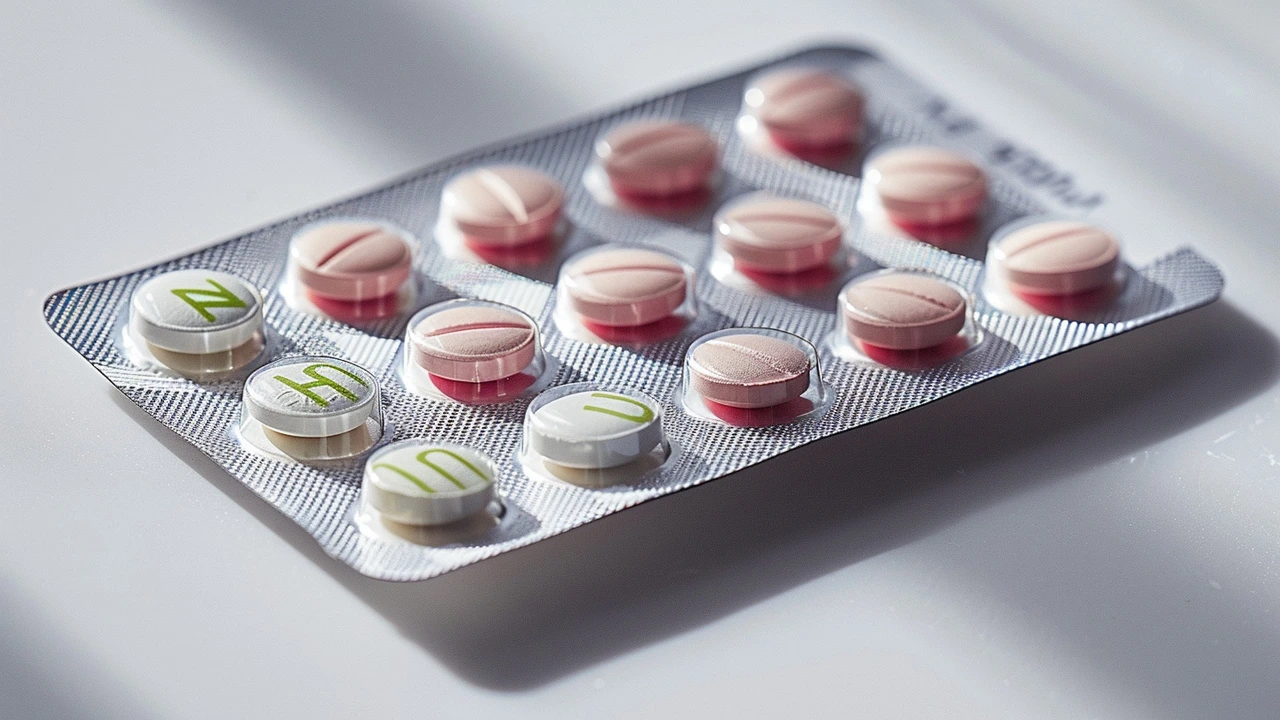
Det har kommit till allmänhetens kännedom att det populära anti-kräkmedicinet Motilium, som använts flitigt över hela världen för att behandla illamående och kräkningar, inte längre anses säkert för användning hos barn. Denna utveckling är resultatet av en omfattande granskning utförd av Europeiska läkemedelsmyndigheten, vilken har lyft fram allvarliga hälsorisker associerade med användning av domperidon, den aktiva ingrediensen i Motilium.
Studier och kliniska prövningar under granskningen har påvisat en oroande koppling mellan användning av domperidon och potentiella hjärtarytmier hos spädbarn och unga patienter. Detta har lett till att myndigheter i ett flertal länder, däribland Belgien, Frankrike, Tyskland, Sverige, Norge, Schweiz, Spanien, Finland, Italien, Danmark, Ryssland, Israel och Storbritannien, antingen har begränsat dess föreskrivning eller återkallat vissa partier av medicinen.
Healthcare professionals have been unequivocally advised to cease prescribing this medication to children and to seek alternative treatments. This marks a significant shift in the approach to treating nausea and vomiting in children, underscoring the paramount importance of patient safety in pediatric care.
Manufacturers and distributors, responding to these findings and regulatory actions, have begun implementing corrective measures. This includes recalling affected products from the market to prevent further exposure to this risk. It's a clear testament to the seriousness with which the healthcare industry must approach the safety and efficacy of medications, especially when it comes to treating vulnerable populations like children.
Parents and caregivers play a crucial role in this scenario. It's imperative that they consult healthcare providers before administering any medication containing domperidone to children. This vigilance is necessary to safeguard the well-being of young patients, ensuring that they are not exposed to unnecessary risks.
This development serves as a reminder of the dynamic nature of medical science and the ongoing need for rigorous research and review. Medications that were once deemed safe may, upon further scrutiny, reveal risks that necessitate a reassessment of their use. The case of Motilium underscores the importance of continuous monitoring and evaluation of all medications to guarantee their safety, particularly when it comes to pediatric healthcare.
In light of these recent findings, healthcare providers are encouraged to stay informed about the latest research and guidelines. This will enable them to provide the safest and most effective treatments for their patients, especially the youngest and most vulnerable among us. The safety of children remains a top priority, and all measures necessary to protect them from harm should be taken with utmost seriousness.
As the situation develops, further updates and recommendations are expected from regulatory bodies and healthcare authorities. Parents and caregivers should remain vigilant, staying abreast of the latest information to ensure the health and safety of their children. In the meantime, discussing concerns and available treatment options with a trusted healthcare provider is the best course of action.
The case of Motilium is a stark reminder of the complexities and responsibilities inherent in medical and pharmaceutical care. It highlights the need for a cautious approach to medication use, comprehensive research, and an unwavering commitment to safety. For parents, healthcare providers, and the wider community, it's a call to action to prioritize the well-being of children above all else.